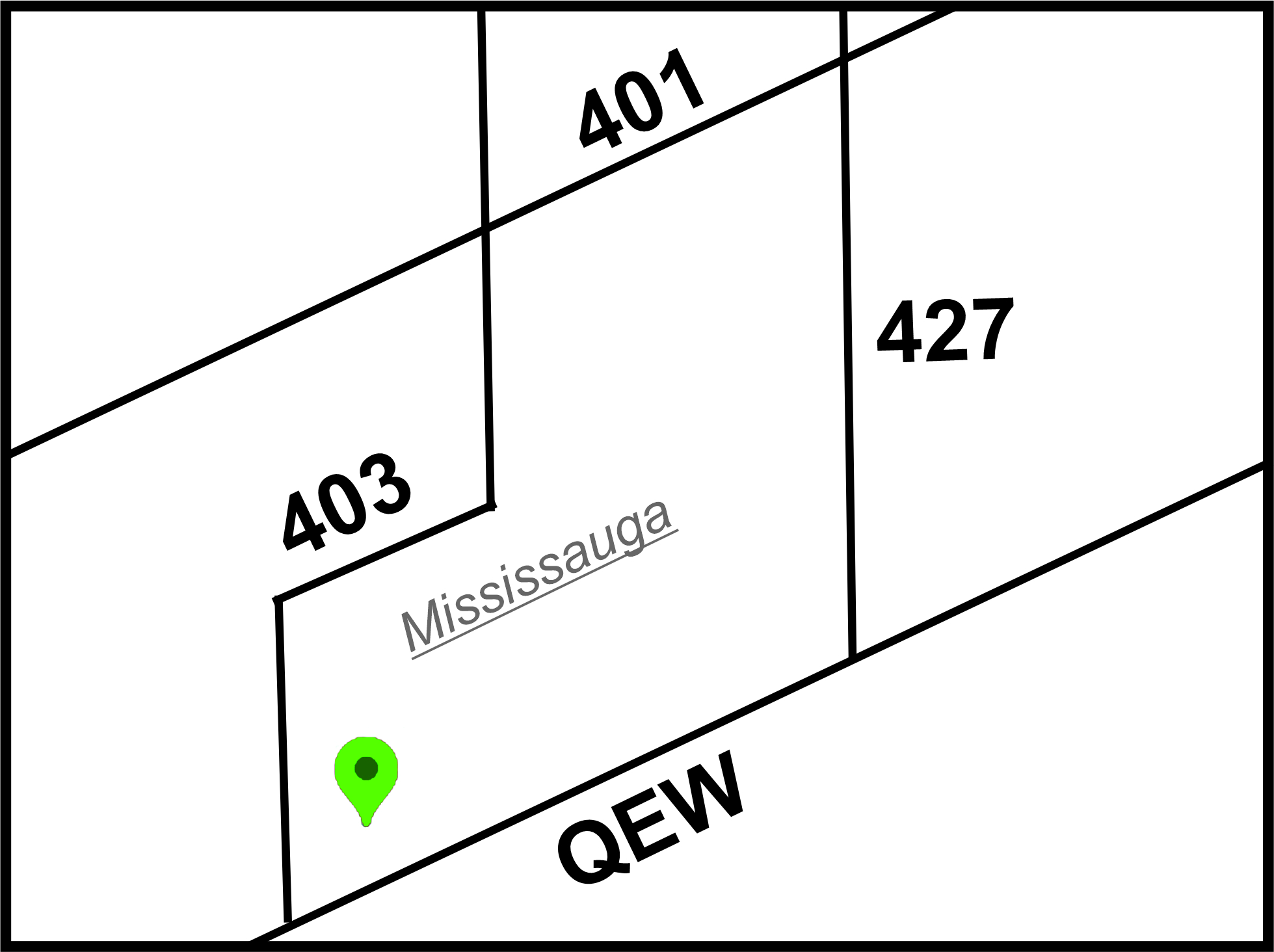
Blog Questions about beds and mattresses answered. And some stories told.
People who move a lot in their sleep may be experiencing a sleep disorder known as "sleep-related movement disorder" or "parasomnia." Parasomnias are a group of sleep disorders that involve abnormal movements, behaviors, emotions, perceptions, or dreams that occur during sleep. One specific type of parasomnia is called "sleep-related movement disorder."
There are various reasons why people may exhibit excessive movement during sleep:
-
Restless Legs Syndrome (RLS): RLS is a neurological disorder characterized by an irresistible urge to move the legs. This urge is often accompanied by uncomfortable sensations in the legs, such as tingling, itching, or crawling. People with RLS may move their legs frequently during sleep in an attempt to relieve these sensations.
-
Periodic Limb Movement Disorder (PLMD): PLMD is a sleep disorder characterized by repetitive limb movements during sleep. These movements typically involve rhythmic contractions of the leg muscles, leading to kicking or jerking motions. PLMD can disrupt sleep and cause excessive movement during the night.
-
Sleep-related Bruxism: Bruxism refers to the grinding or clenching of teeth during sleep. People with bruxism may move their jaw and facial muscles extensively during sleep, often accompanied by the sound of teeth grinding. This movement can disturb sleep and may be associated with stress or other underlying factors.
-
REM Sleep Behavior Disorder (RBD): RBD is a condition in which the normal muscle atonia (paralysis) that occurs during REM (rapid eye movement) sleep is absent or impaired. As a result, individuals with RBD may physically act out their dreams, which can involve vigorous movements, kicking, punching, or even shouting.
-
Other factors: In some cases, excessive movement during sleep can be caused by factors such as medication side effects, sleep deprivation, certain medical conditions, or even environmental factors like an uncomfortable sleeping surface or room temperature.
It's important to note that if someone is experiencing excessive movement during sleep or suspects a sleep-related disorder, it is advisable to consult a healthcare professional or a sleep specialist for a proper evaluation and diagnosis. They can provide appropriate guidance and treatment options based on the specific sleep disorder identified.


 Copyright © 2026 |
Copyright © 2026 |